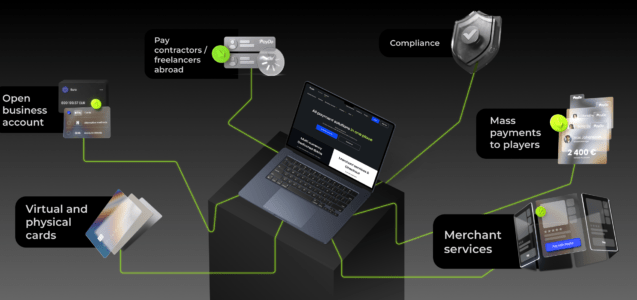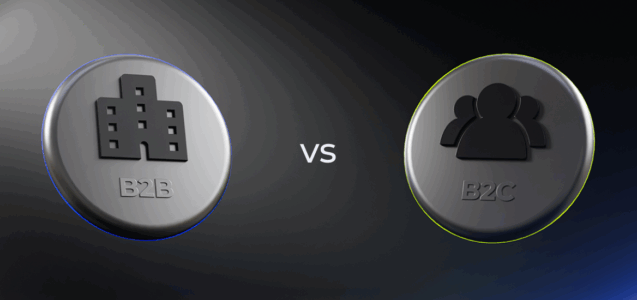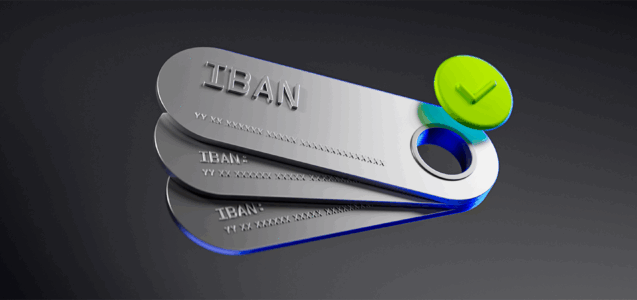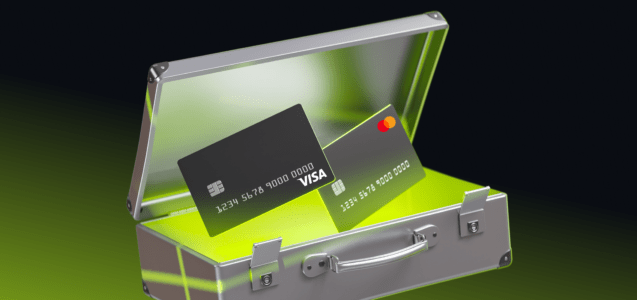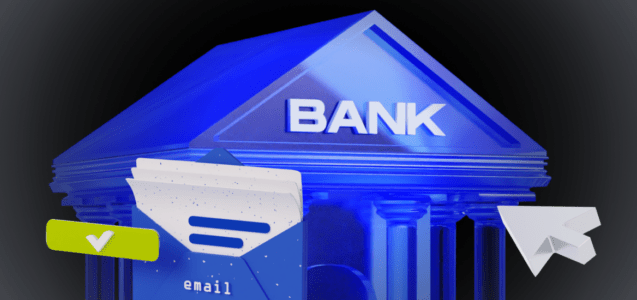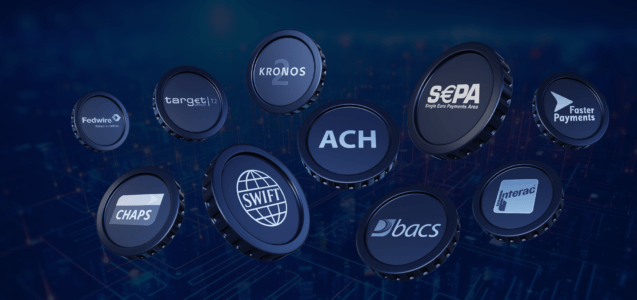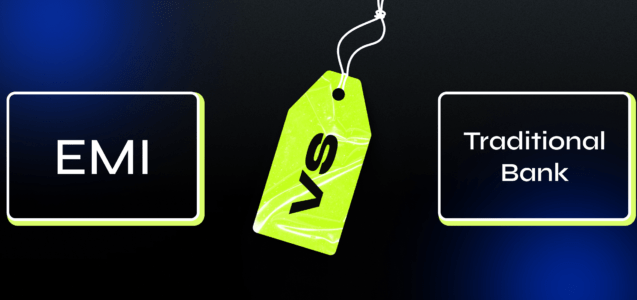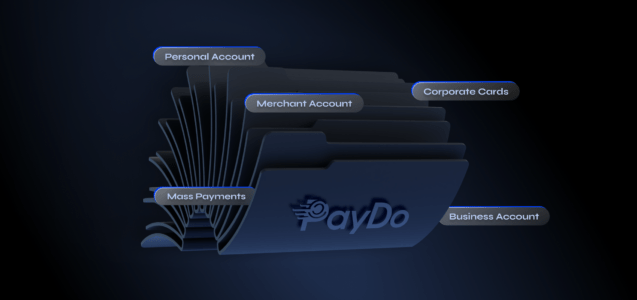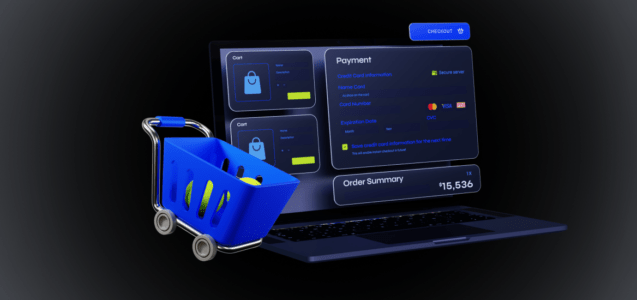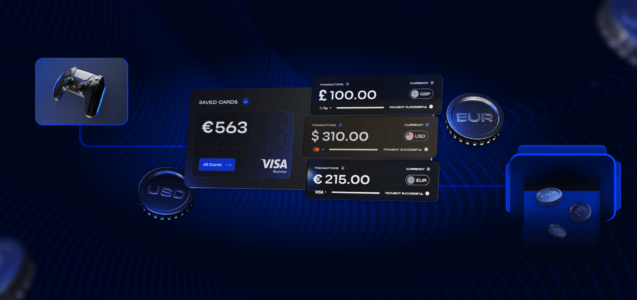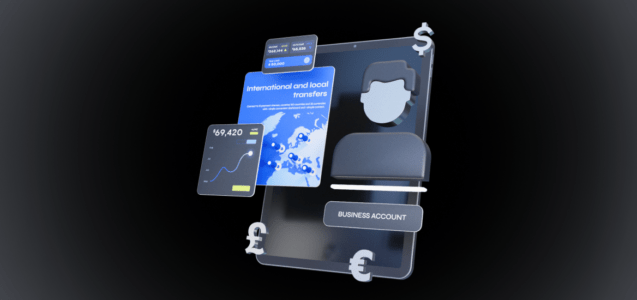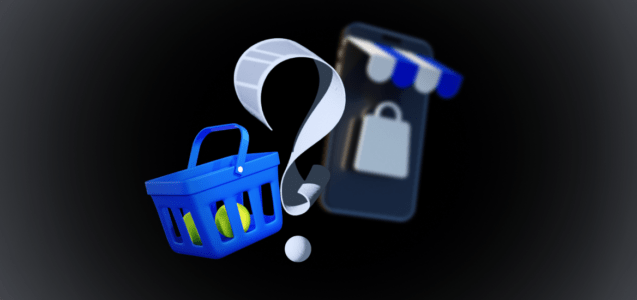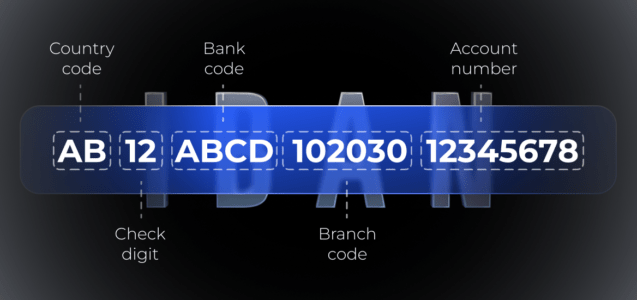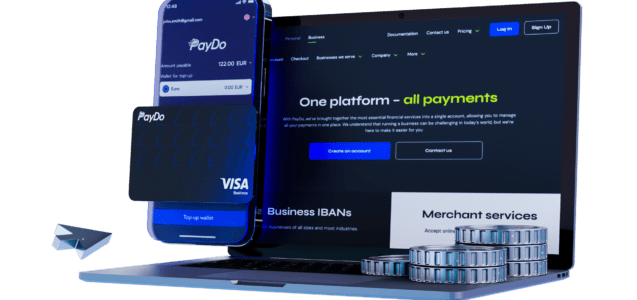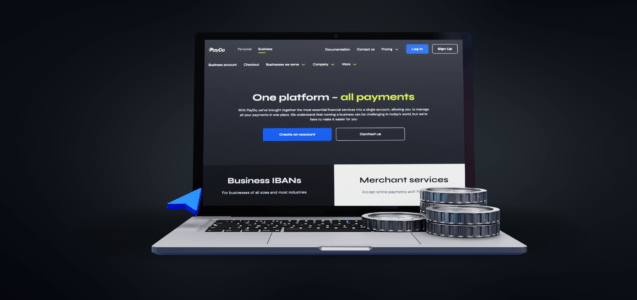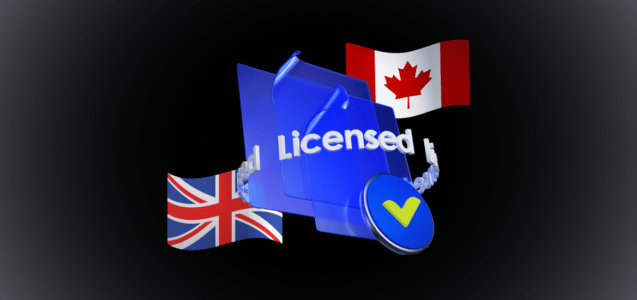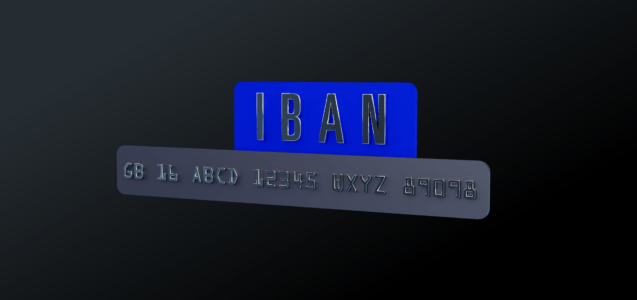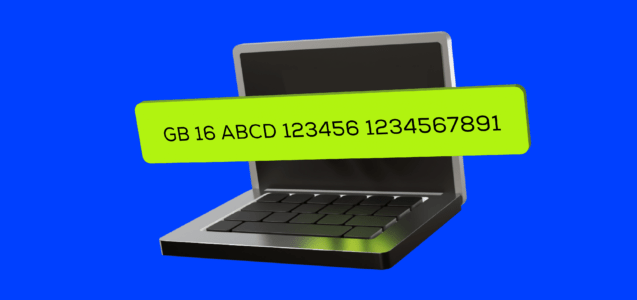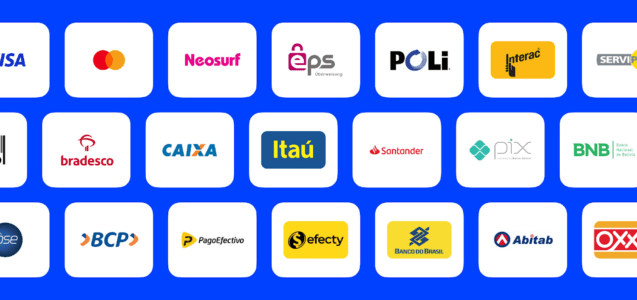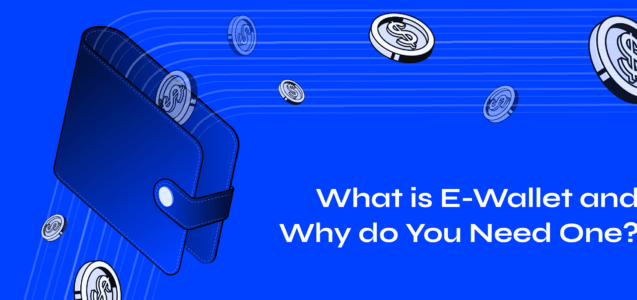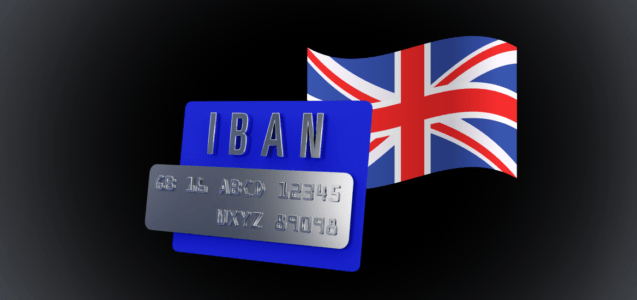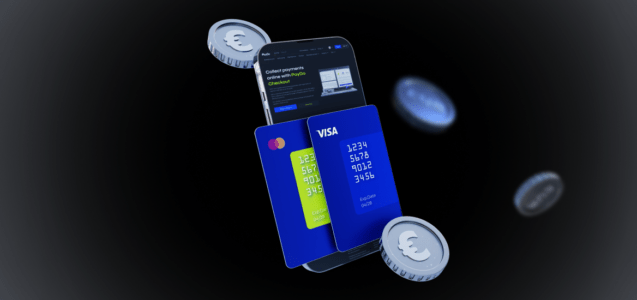A Money Services Business (MSB) is a type of financial institution that offers various money-related services, such as money transfers, currency exchange, and check cashing. It is something similar to the EMI. Unlike traditional banks, MSBs provide accessible financial services to a broader audience, including those who may not have access to conventional banking services.
According to the Financial Crimes Enforcement Network (FinCEN), there are over 30,000 registered MSBs in the United States alone, highlighting their significant presence in the financial ecosystem. Understanding MSBs is crucial as they facilitate financial transactions for millions of individuals and businesses worldwide, promoting financial inclusion, economic stability, and growth.
As noted by the World Bank, “MSBs are essential in bridging the gap between the unbanked populations and the formal financial sector.” In such a context, let’s take a closer look at MSBs.
Definition of Money Services Business
An MSB is defined as a non-bank entity that provides specific financial services, including but not limited to money transmission, currency exchange, and check cashing. Financial authorities typically regulate these businesses to ensure they adhere to anti-money laundering (AML) and counter-terrorism financing (CTF) standards.
Examples of services provided by a Money Services Business
- Money Transfer Services. Money transfer services help people send money to others, whether they are in the same country or in a different one. For example, Western Union and MoneyGram facilitate money transfers across borders, providing a crucial remittance service.
- Currency Exchange. Let people trade one type of money for another, which is useful when traveling to different countries. Companies like Travelex provide currency exchange services at airports and urban locations, catering to travelers.
- Check Cashing Services. Allowing individuals to cash checks without having a bank account. Places like ACE Cash Express, often found in convenience stores, allow people to cash their payroll, government, or personal checks quickly.

Six Key Types of Money Services Business
MSBs encompass a wide range of services, each tailored to meet specific financial needs. Here are the primary types of MSBs:
1. Money Transmitters
Money transmitters are MSBs that facilitate the transfer of funds between parties. They operate both domestically and internationally, often providing critical services for migrant workers sending remittances back home. For instance, PayPal and Venmo allow users to send money electronically with ease. This is what PayDo does.
2. Currency Dealers or Exchangers
These MSBs specialize in converting one currency into another. They are essential for travelers and businesses engaged in international trade. Companies like Forex.com and OANDA provide currency exchange services, including online platforms for trading foreign currencies.
3. Check Cashers
Check cashers provide a service for individuals who need immediate access to cash and may not have a bank account. They charge a fee for cashing checks, such as payroll or government checks. An example is ACE Cash Express, which offers check-cashing services across the United States.
4. Issuers of Traveler’s Checks, Money Orders, or Stored Value
These MSBs issue financial instruments that can be used as secure alternatives to cash. Traveler’s checks and money orders are often used for safe transactions during travel or by those without bank accounts. American Express is a well-known issuer of traveler’s checks.
5. Providers and Sellers of Prepaid Access
These entities offer prepaid cards or accounts that can be loaded with funds and used like a debit or credit card. Examples include Green Dot and NetSpend, which provide prepaid cards that can be used for purchases and withdrawals.
6. Sellers of Money Orders
Money order sellers provide a service similar to issuing checks but with guaranteed funds. This is a secure method for making payments, especially for those who do not use traditional banking services. The United States Postal Service (USPS) is a common provider of money orders.
By understanding the various types of MSBs and their services, individuals and businesses can better navigate the financial landscape, leveraging these services to meet their specific needs effectively.
Regulatory Framework for Money Services Businesses
MSBs operate under a stringent regulatory framework designed to ensure transparency, prevent financial crimes, and protect consumers. The regulatory environment varies by country but generally includes requirements for registration, licensing, and compliance with financial regulations.
Regulatory bodies for Money Services Businesses
- Financial Crimes Enforcement Network (FinCEN) in the U.S. FinCEN is a bureau of the U.S. Department of the Treasury that oversees and enforces compliance with the Bank Secrecy Act (BSA) and other AML regulations. MSBs must register with FinCEN and adhere to its guidelines to operate legally.
- European Banking Authority (EBA) in the EU. The EBA is responsible for ensuring effective and consistent regulation and supervision of MSBs across the European Union. It sets standards for AML and KYC compliance to mitigate the risks of money laundering and terrorist financing.
- Financial Transactions and Reports Analysis Centre of Canada (FINTRAC) in Canada. FINTRAC is Canada’s financial intelligence unit responsible for overseeing and enforcing compliance with the Proceeds of Crime (Money Laundering) and Terrorist Financing Act (PCMLTFA). MSBs in Canada must register with FINTRAC, adhere to its guidelines, and fulfill reporting and record-keeping obligations to ensure the integrity and security of the financial system.
Importance of compliance with Anti-Money Laundering (AML) and Know Your Customer (KYC) regulations for a Money Services Business
Compliance with AML and KYC regulations is critical for MSBs to prevent financial crimes such as money laundering, fraud, and terrorist financing. These regulations require MSBs to:
- Verify the identity of their customers (KYC)
- Monitor and report suspicious activities
- Maintain comprehensive records of transactions
- Implement internal controls and training programs to ensure compliance
Conclusion
MSBs play a critical role in the financial ecosystem by providing essential services such as money transfers, currency exchange, and check cashing. They operate under a stringent regulatory framework to ensure transparency, prevent financial crimes, and protect consumers. Key aspects of this framework include registration and licensing processes, compliance with AML and KYC regulations, and ongoing monitoring and reporting obligations.
Ready to start with one of the top-tier MSBs out there? Create PayDo Personal or PayDo Business Account for individual or corporate purposes. Tap into the convenience of financial transactions right away.



